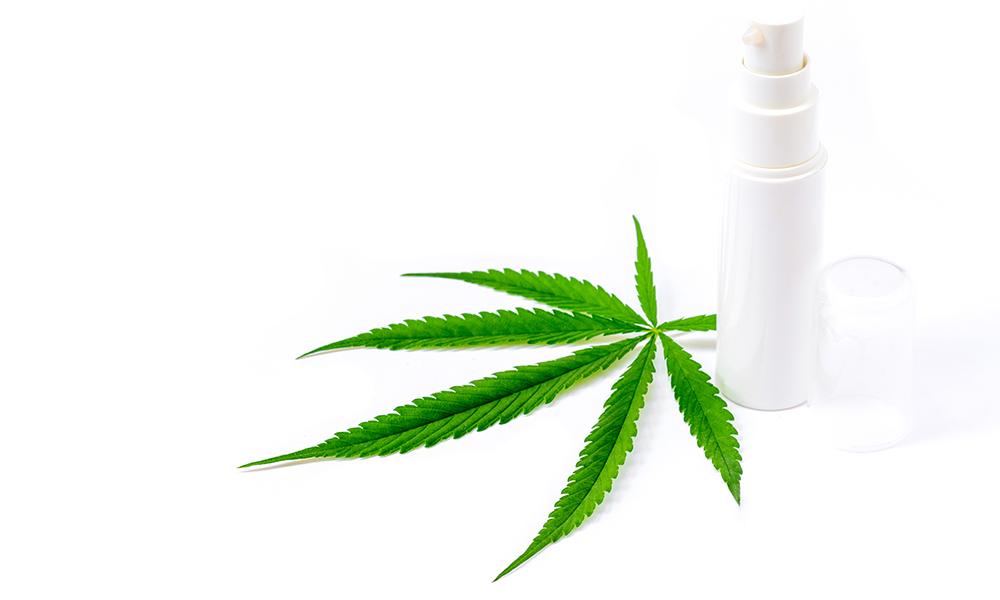According to a recently published study, in patients with chronic neck and back pain a spray containing both CBD and THC “showed clinically significant reductions in pain compared to baseline pain scores.”
 The study is published in the peer-reviewed journal Medical Cannabis and Cannabinoids, with the abstract also published by the National Library of Medicine. It was conducted by researchers at the University of Sydney, the University of New South Wales, St Vincent’s Hospital, Holdsworth House Medical Practice, the Australian Clinical Research Network, Cymra Life Sciences and the University of Technology at Sydney.
The study is published in the peer-reviewed journal Medical Cannabis and Cannabinoids, with the abstract also published by the National Library of Medicine. It was conducted by researchers at the University of Sydney, the University of New South Wales, St Vincent’s Hospital, Holdsworth House Medical Practice, the Australian Clinical Research Network, Cymra Life Sciences and the University of Technology at Sydney.
The aim of the study “was to demonstrate the safety and tolerability of cannabidiol (CBD) with Δ9-THC in patients with moderate to severe chronic back or neck pain unresponsive to over-the-counter non-opioid analgesics.”
This was a non-randomized, single-arm, open-label study. Participants received escalating doses of an oromucosal-administered combination containing 10 mg/mL of Δ9-THC, 25 mg/mL of CBD.
On day 1, patients received once-daily 0.5 mL Cybis® 10:25 (5 mg Δ9-THC plus 12.5 mg CBD daily), escalated at days 8, 15, and 22 to 0.5 mL twice-daily (bd) (10 mg Δ9-THC plus 25 mg CBD daily), 1.0 mL bd (20 mg Δ9-THC plus 50 mg CBD daily), and 1.5 mL bd (30 mg Δ9-THC plus 75 mg CBD daily), respectively.
The primary outcome was safety and tolerability, with secondary objectives including pharmacokinetic and efficacy outcomes.
28 patients were enrolled in the study. Their median age was 63.3 years, and half were female. The median history of neck/back pain was 10 years.
“There were dose-dependent improvements in numerical pain rating scores (p < 0.001), with clinically significant reductions in pain at 1.0 mL bd and 1.5 mL bd doses (28.8% and 34.1% reductions, respectively, p < 0.001)”, states the study. “Depressive symptoms and stress had dose-dependent reductions (p = 0.0182, p < 0.01, respectively).”
Researchers conclude that “in patients with chronic neck/back pain, CBD and Δ9-THC are well tolerated and doses of 1.0 mL bd and 1.5 mL bd showed clinically significant reductions in pain compared to baseline pain scores.”






